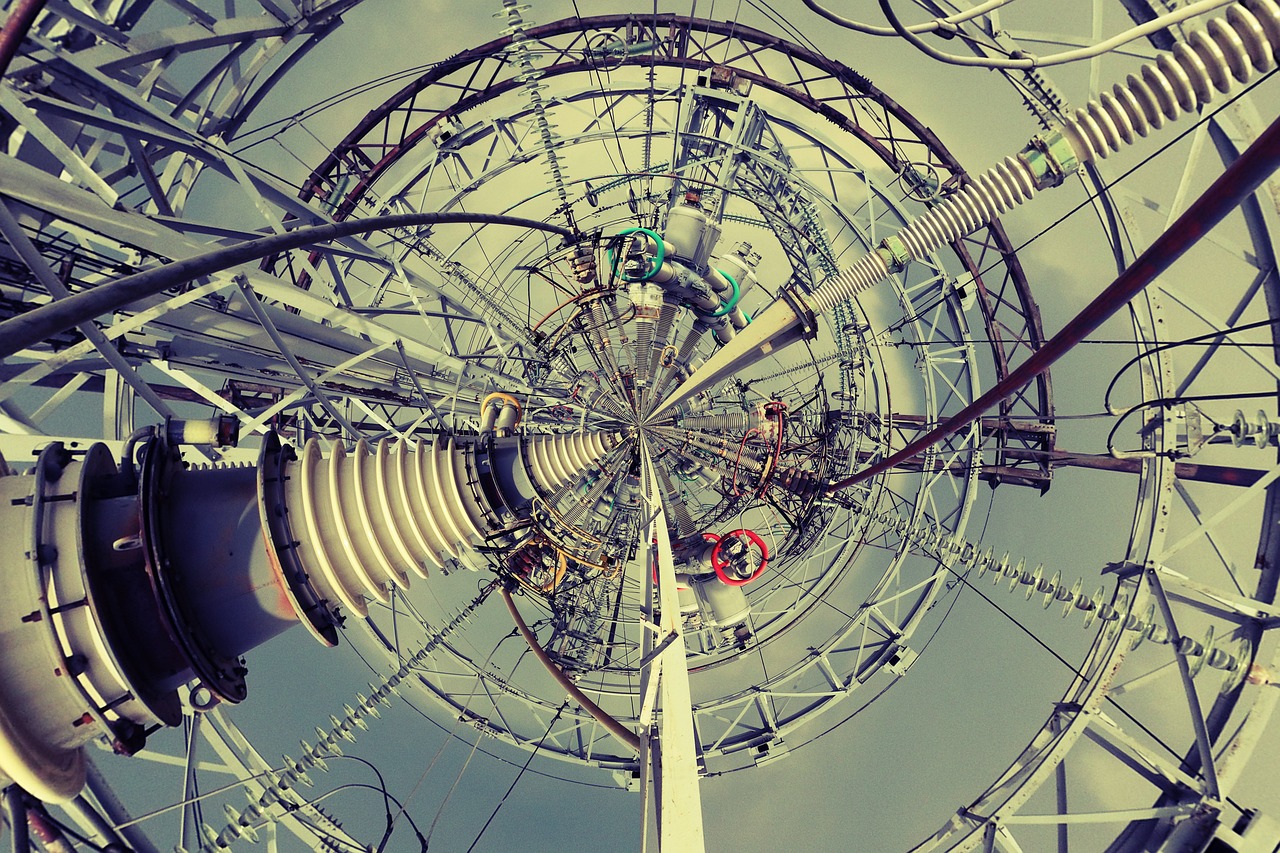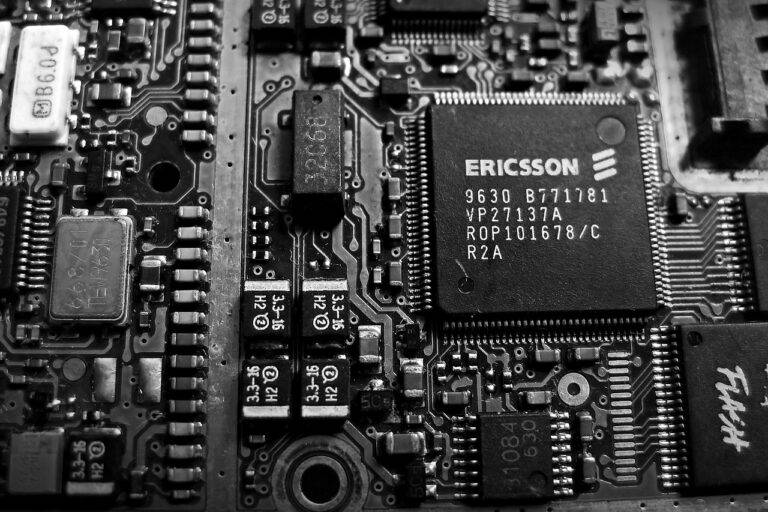The Promise of Quantum Sensors for Precise Measurements
Quantum sensing utilizes the principles of quantum mechanics to enhance the sensitivity and precision of sensors used in various applications. Rather than solely relying on classical physics, quantum sensing leverages the unique behaviors of quantum particles such as superposition and entanglement to detect and measure quantities at the quantum level. This enables quantum sensors to surpass the limitations of traditional sensors, offering unprecedented accuracy and efficiency in monitoring phenomena at the atomic and subatomic scales.
One key concept in quantum sensing is quantum superposition, which allows particles to exist in multiple states simultaneously. By harnessing this phenomenon, quantum sensors can detect minute changes in physical properties with exceptional precision, making them invaluable tools in fields such as magnetic resonance imaging, atomic clocks, and quantum computing. The ability of quantum sensors to measure multiple parameters simultaneously offers significant advantages over classical sensors, paving the way for groundbreaking advancements in technology and scientific research.
Understanding Quantum Mechanics in Sensor Technology
Quantum mechanics has revolutionized the field of sensor technology, offering intricate insights into the behavior of subatomic particles. Utilizing the principles of superposition and entanglement, quantum sensors can surpass the limitations of classical sensors by achieving higher sensitivities and resolutions. This allows for the detection of minute changes in physical properties, paving the way for advanced applications in various industries, such as healthcare, environmental monitoring, and security.
Moreover, the concept of quantum tunneling plays a crucial role in enhancing the functionality of sensors. By exploiting the phenomenon of particles passing through energy barriers that are classically impassable, quantum sensors can detect events with remarkable precision. This capability opens up new possibilities for developing sensors that can accurately measure parameters like magnetic fields, electric currents, and gravitational forces, surpassing the boundaries of classical sensor technology.
What are some key concepts in quantum sensing?
Some key concepts in quantum sensing include superposition, entanglement, and wave-particle duality.
How does quantum mechanics play a role in sensor technology?
Quantum mechanics plays a crucial role in sensor technology by allowing for the development of highly sensitive and precise sensors that can detect even the smallest signals.
What is superposition in the context of quantum sensing?
Superposition is a quantum phenomenon where a particle can exist in multiple states simultaneously, allowing for greater sensitivity in detecting signals.
Can you explain the concept of entanglement in quantum sensing?
Entanglement is a quantum phenomenon where two particles become correlated and share properties regardless of the distance between them, enabling the development of highly accurate sensors.
How does wave-particle duality impact sensor technology?
Wave-particle duality is a fundamental concept in quantum mechanics that states particles can exhibit both wave-like and particle-like behavior, leading to the development of sensors that can detect a wide range of signals.





